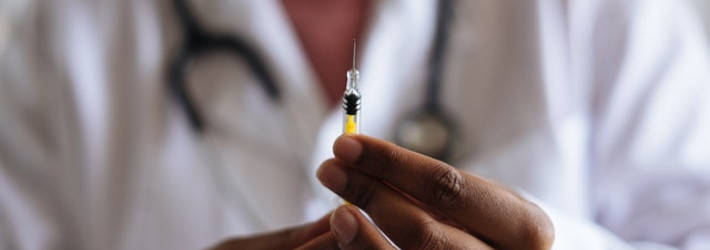February was a busy month for the FDA in the field of biosimilars:
- On February 3, 2020, the FDA and FTC issued a joint statement regarding their enhanced collaboration to support the adoption of biosimilars and interchangeables.
- On February 3, 2020, the FDA published a draft guidance, “Promotional Labeling and Advertising Considerations for Prescription Biological Reference and Biosimilar Products Questions and Answers.” Comments will be accepted until April 2, 2020.
- On February 3, 2020, the FDA and FTC announced a public workshop on a competitive marketplace for biosimilars, to take place on March 9, 2020.
- On February 6, 2020, the FDA issued a draft guidance, “Biosimilars and Interchangeable Biosimilars: Licensure for Fewer Than All Conditions of Use for Which the Reference Product Has Been Licensed.” Comments will be accepted until April 6, 2020.
- On February 21, 2020, a final rule on the definition of “biological product” was published. This rule defines “protein” as “any alpha amino acid polymer with a specific, defined sequence that is greater than 40 amino acids in size.” The FDA is using this “bright line” approach to reduce uncertainty regarding whether products will be regulated as drugs or biological products. Under the final definition, “insulin clearly is a ‘protein’ … because the total number of amino acids exceeds 40” and thus will be regulated as a biological product.
- On February 21, 2020, the FDA issued frequently asked question documents for patients and health care providers relating to the transition of biological products approved under the Food, Drug, and Cosmetic Act, such as insulin and human growth hormone, from being regulated as drugs to being regulated as biological products, as of March 23, 2020.
- On February 24, 2020, the FDA launched its revised version of the “Lists of Licensed Biological Products with Reference Product Exclusivity and Biosimilarity or Interchangeability Evaluations,” also known as the Purple Book, that is now searchable. This initial phase of the searchable database includes information on licensed biosimilar and interchangeable products and their reference products.


